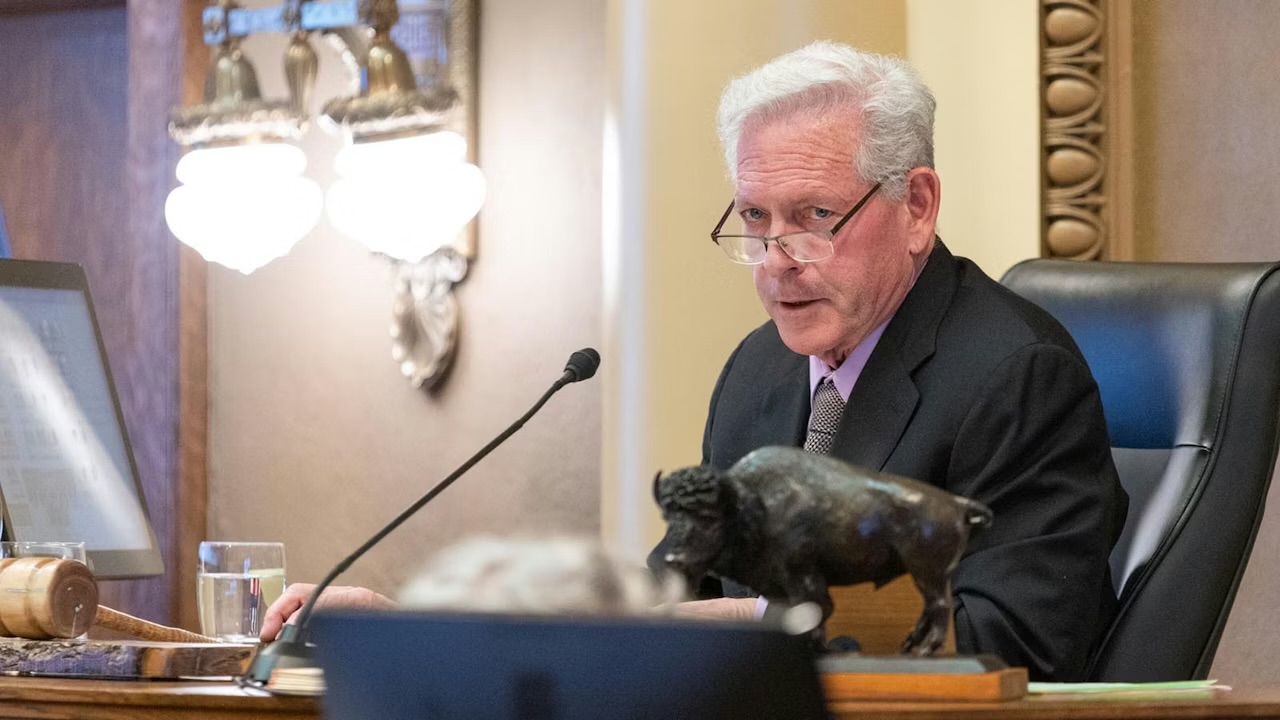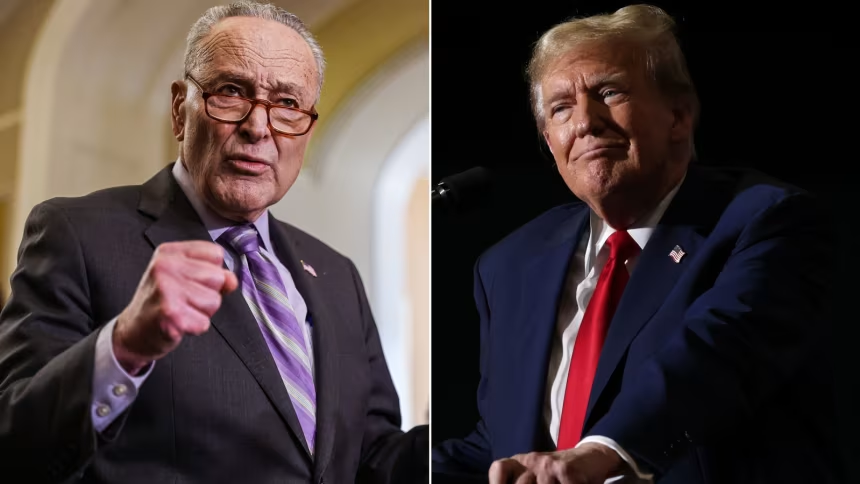The pursuit of longevity has become a billion-dollar industry, with luxury gyms, private health clinics, and expensive treatments promising longer, healthier lives, the New York Times reports.
However, experts agree that some of the most effective longevity strategies are also the simplest—and often the most affordable.
John Tower, a professor of biological sciences at the University of Southern California, emphasizes that basic lifestyle choices, such as a healthy diet and regular exercise, remain the most well-supported methods for increasing lifespan. Meanwhile, experimental treatments like stem cell therapy and anti-aging supplements often lack conclusive evidence.
Here are five expert-backed longevity strategies that don’t require a fortune:
1. Exercise Anywhere, Anytime
High-end gyms offer state-of-the-art tracking technology and personal trainers, but research shows that the exercise itself—rather than where you do it—is what matters most. Regular physical activity, whether it’s walking, running, or strength training at home, is linked to lower mortality rates and a reduced risk of cardiovascular disease.
The American Heart Association recommends at least 150 minutes of moderate aerobic exercise or 75 minutes of vigorous activity per week. However, any level of movement is beneficial.
2. Prioritize Whole Foods Over Supplements
Many longevity enthusiasts turn to supplement “stacks” and specialized diets in hopes of slowing aging. While some strategies, like calorie restriction and intermittent fasting, have shown promise in animal studies, their long-term effects on human longevity remain unclear.
Instead, experts recommend a diet rich in whole, unprocessed foods—such as fruits, vegetables, whole grains, and lean proteins. The Mediterranean and DASH diets have been linked to better heart health and longer lifespans. For budget-conscious individuals, frozen fruits and vegetables offer the same nutritional benefits as fresh produce.
3. Get Seven Hours of Sleep—No Tracker Needed
Expensive sleep clinics and high-tech wearables claim to optimize rest, but studies show that consistently getting around seven hours of uninterrupted sleep is what truly supports longevity.
Experts suggest sticking to a regular sleep schedule, exercising, socializing, and avoiding alcohol to improve sleep naturally. Low-cost solutions like sleep masks, white noise machines, and cognitive behavioral therapy for insomnia can also help.
4. Cultivate Optimism and Strong Social Connections
Research shows that a positive outlook on life can increase lifespan, while loneliness and chronic stress have been linked to higher mortality rates. While some turn to psychedelic retreats or therapy, simple daily habits—like journaling or surrounding yourself with supportive people—can have similar benefits.
Experts emphasize that quality over quantity matters in social connections. Relationships that bring joy and reduce stress contribute more to longevity than those that induce anxiety.
5. Track Your Well-Being, Not Just Your “Biological Age”
Some longevity influencers promote biological age tests, which claim to measure how well your body is aging. However, experts warn that these tests vary in accuracy and interpretation. Instead, a simpler (and free) way to track longevity progress is to assess how you feel—both physically and mentally.
Ultimately, sustainable, science-backed habits are the best investment in a longer, healthier life. While new longevity treatments may emerge, experts urge patience:
“Would I spend thousands of dollars on unproven products?” asked William Mair, a professor at Harvard. “Probably not.”










The latest news in your social feeds
Subscribe to our social media platforms to stay tuned